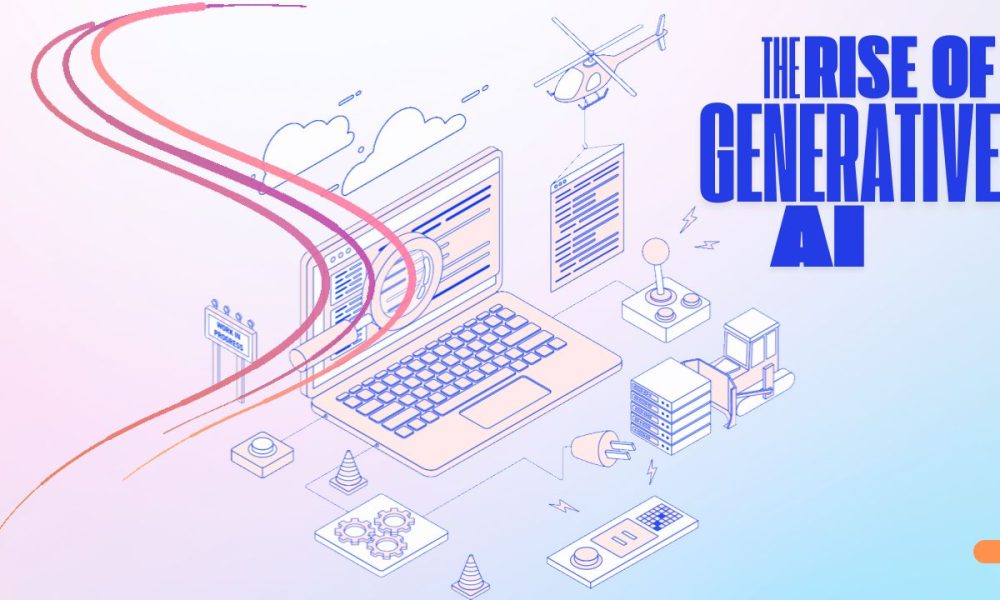
Artificial Intelligence (AI) is no longer just a concept for the future—it’s here and reshaping our world in ways we once only imagined. From breakthroughs in healthcare to self-driving cars navigating our streets, AI seamlessly blends into our lives, making us more productive, creative, and connected. But what exactly is AI, and how is it changing how we create, interact, and solve problems? Let’s dive in.
At its core, Artificial Intelligence (AI) is about machines mimicking human intelligence. These systems learn from data, adapt to new challenges, and solve complex problems, just like we do. Whether it’s understanding a conversation, recognizing a face in a crowd, or making a decision, AI is designed to assist and augment human capabilities.
AI comes in two flavors:
Narrow AI (Weak AI): Think of AI that’s an expert in one thing—like recognizing your voice, translating languages, or mastering chess. Narrow AI is brilliant at specific tasks but can’t step outside its comfort zone.
General AI (Strong AI): Imagine a machine capable of doing everything a human can learn, reasoning, and even creating. While this type of AI remains a goal for researchers, it still lives in the realm of science fiction (for now!).
AI isn’t just a buzzword; it’s actively shaping industries and transforming how we work and live. Here’s a look at its impact:
AI is becoming a doctor’s most reliable assistant, revolutionizing how we diagnose and treat illnesses.
In the world of finance, AI is the silent guardian and trusted advisor behind the scenes.
AI makes shopping and customer service smarter and more personalized than ever before.
AI is redefining how we get from point A to point B, from autonomous vehicles to smarter logistics.
Generative AI is one of the most exciting developments in the AI landscape. This technology doesn’t just analyze—it creates. From writing to art, it’s opening doors to endless possibilities.
By streamlining content creation, generative AI is empowering industries like advertising, design, and entertainment to innovate faster than ever before.
With all its potential, AI also presents challenges we need to address thoughtfully:
The future of AI isn’t about replacing humans—it’s about collaboration. When designed responsibly, AI enhances what we do best, allowing us to tackle challenges we never thought possible.
AI is no longer a distant dream—it’s the engine driving innovation across every facet of our lives. From personalized healthcare and seamless shopping experiences to smarter transportation and creative breakthroughs, its potential is limitless.
But with this transformative power comes great responsibility. By addressing ethical concerns, fostering transparency, and prioritizing human-centered design, we can ensure that AI serves as a force for good. Together, we can harness its potential to create a brighter, more innovative future.
The journey is just beginning. So, how will AI shape your world next?